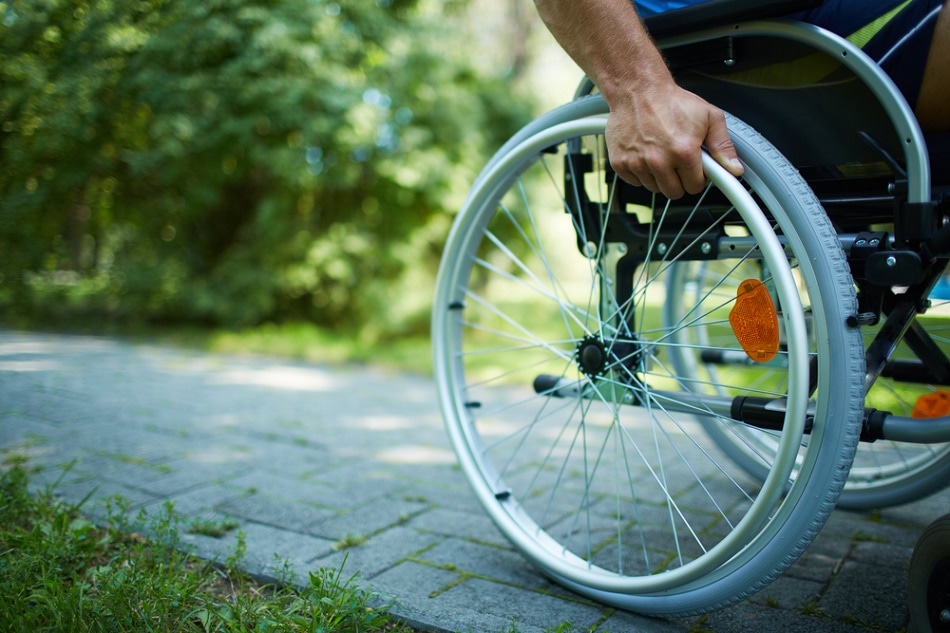Oct 21 2016
 Pressmaster/Shutterstock.com
Pressmaster/Shutterstock.com
Researchers in India are currently developing a wheelchair controller capable of automatically avoiding obstacles and understanding when the user is stressed or tired. The International Journal of Human Factors Modelling and Simulation has published details on this new innovation.
Naveen Kumar Malik of the Department of Electronics and Communication at Maharishi Dayanand University, in Haryana and V.R. Singh of the National Physical Laboratory in New Delhi, India, describe how they are developing a wheelchair navigation system that has the potential to integrate improved safety features and warning systems in order to help users more efficiently when compared to any standard powered wheelchair.
The microcontroller is programmed with an algorithm that comprises six levels of testing surroundings and the user's voice to allow the wheelchair to be smart, thus developing a cognitive wheelchair navigation system.
The system circumvents a number of problems experienced by carers and users of standard powered or unpowered wheelchairs, particularly by users with cognitive impairment or weaker users. This news microcontroller system is equipped with the smart wheelchair with a collision avoidance and warning system, a system to distinguish drowsiness and emotional distress in the user and provide a warning of possible issues that could occur in such situations to the carer or user.
The smart wheelchair will also be capable of controlling the user's temperature, heart rate and various other significant signs for diagnostic purposes.
The researchers have now constricted and demonstrated a model of their smart wheelchair controller and they also hope to market the system. "The commercial version of the prototyped autonomous wheelchair would reduce the burden on care-giving staff in healthcare industry and improve the quality of life for disabled persons," they conclude.